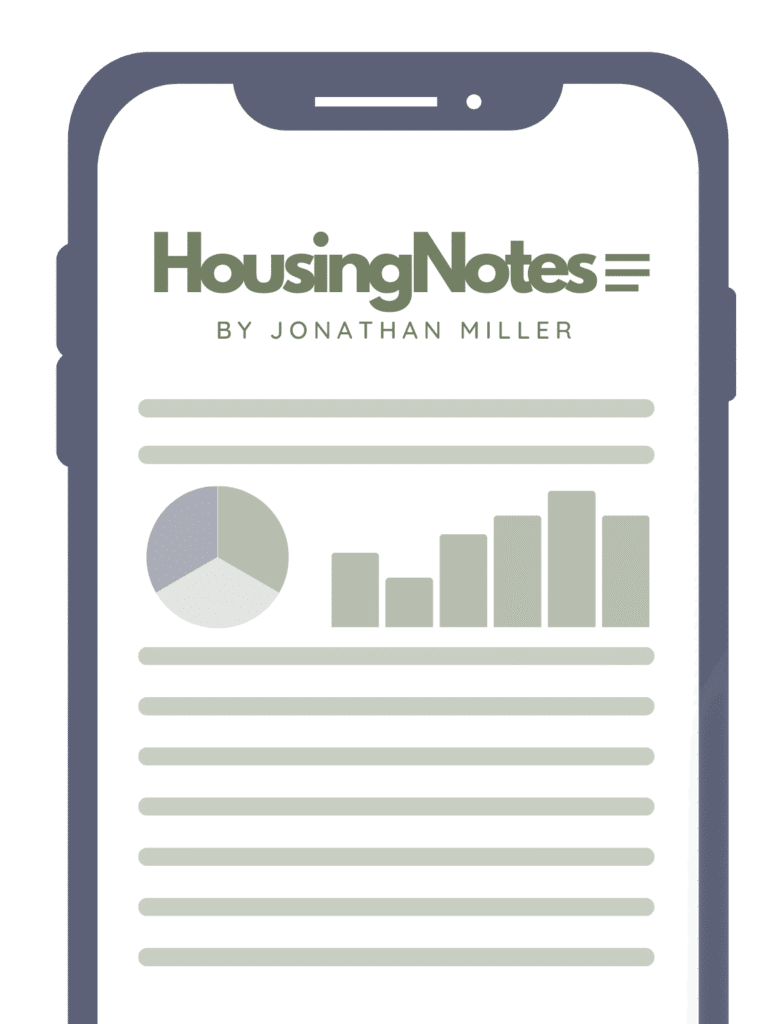Florida’s Housing Market: An In-Depth Analysis of Supply Trends and Economic Influences
Reading Time: 7 Minutes
Overview of Florida’s Real Estate Landscape
According to the recent second-quarter market research by Douglas Elliman, Florida is experiencing notable trends in its housing inventory. As temperatures rise and discussions swirl around economic policies, particularly concerning inflation and mortgage rates, it has become essential to dissect these developments influencing the market.
An Increase in South Florida’s Housing Supply
Recent data shows that housing supply in South Florida has increased significantly, up approximately 20% year-over-year. Despite this growth, current inventory remains about 20% lower than recent highs. This increase, following several years of minimal listings, has begun to stabilize the market.
Seasonal Inventory Shifts
-
Spring Market Dynamics: Generally, we observe a seasonal trend where listing inventory tends to drop from the first to the second quarter. This seasonal effect suggests that sales during the bustling spring months offset inventory growth.
- Miami Beach Example: The Miami Beach market provides an intriguing case study with 5,139 listings (encompassing both single-family homes and condos). This figure starkly contrasts with just 2,125 listings three years ago, following a low at a 2019 peak of 6,726 listings.
Cash Transactions in South Florida
In South Florida, cash transactions continue to dominate the market landscape. Areas such as Coral Gables and Weston highlight how the presence of cash can significantly influence prices. Historically, different factors have led to cash being the preferred method of purchase:
- 2023-2025: Luxury buyers leverage cash to navigate tough credit conditions.
- 2021-2022: Limited inventory favored cash buyers for negotiating leverage.
- Earlier Years (2010-2020): Cash was used primarily by speculative investors or due to tight financing options.
This trend indicates that the high-end market is strategically positioned to thrive in the coming years, adding resilience amid fluctuating economic conditions.
Economic Forces at Play: The Fed Chair Replacement Talk
The ongoing discussions about a potential change in the Federal Reserve’s leadership, specifically the possibility of replacing Jerome Powell, add another layer of complexity to the economic landscape influencing real estate. President Trump’s drive to replace Powell, originally nominated for providing policy continuity, raises eyebrows around its implications for inflation and interest rates.
The Stakes of Fed Leadership
Trump’s desire for a 300 basis point rate cut underscores a significant conflict with Powell’s cautious approach, aimed at avoiding additional inflation. The following points highlight Trump’s public sentiments towards Powell:
- "Not a smart person"
- "Total and complete moron"
- "Major loser"
Observors note that while the Fed Chair can influence certain operational strategies within the Board of Governors, they cannot unilaterally override decisions. This scenario contributes to the current stability in the financial markets, demonstrating a cautious optimism.
Rising Inflation Linked to Tariffs
Tariffs are beginning to exert upward pressure on inflation. Increased costs associated with imported goods will inevitably be borne by consumers, especially in the real estate sector, if the current trend continues. Recent comments from logistics professionals underscore these escalating costs:
- One logistics manager reported a $250,000 tariff on a $400,000 shipment from China.
The ripple effects of these tariffs could lead to increased housing costs, putting additional strain on affordability.
Long-Term Predictions
Inflation appears poised to rise further due to tariffs, potentially complicating the real estate market’s recovery. Current forecasts from banking experts suggest that mortgage rates may stabilize for another year.
Conclusion: The Dynamic Nature of Florida’s Housing Market
As Florida’s housing supply increases and economic pressures from tariffs and Federal policy discussions evolve, the market is poised for changes that may impact affordability and buyer sentiment.
Key Takeaways:
- Increased housing supply offers a counterbalance to rising prices, promoting affordability.
- Cash remains a strong player in the marketplace, particularly in luxury sectors.
- Tariffs and Federal Reserve policies pose challenges that could influence the market trajectory.
This complex interplay of factors will continue to shape Florida’s housing sector, making it crucial for buyers and investors to stay informed about evolving trends and economic signals.
For more insights on tariffs and inflation, connect with resources such as Liberty Street Economics and Goldman Sachs.


